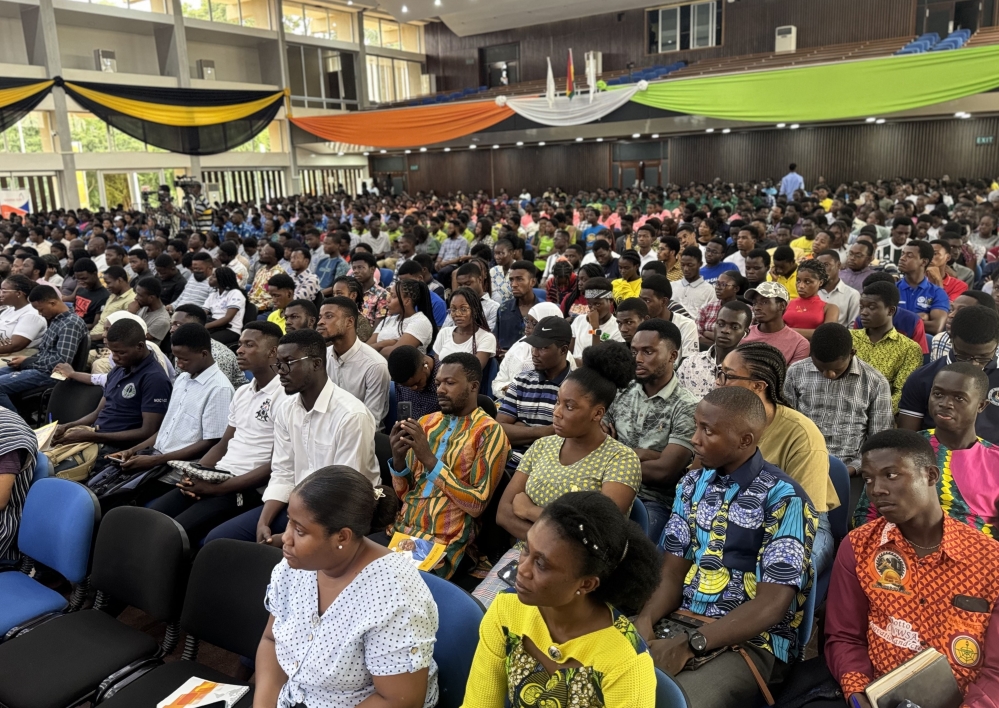By Florence Afriyie Mensah
Kumasi, July 29, GNA – Dr. Ben K. D. Asante, Chief Executive Officer, Ghana National Gas Company, has underscored the need for Africa to promote the building of local intellectual capacity in the energy sector to help strengthen and sustain the sector.
He also suggested the need for the continent to develop a master plan or road map to ensure clear and appropriate institutional framework for a viable energy industry on the continent.
Speaking at a Public Lecture in Kumasi, he recommended that Africa prioritize private sector participation in developing the energy sector and manage the resource revenues prudently along the chain to minimize sector debt.
Dr Asante was delivering on the topic “Gas Commercialization: Fostering a Sustainable Petroleum Economy, Opportunities and Setbacks.”
It was organized by the College of Engineering at the Kwame Nkrumah University of Science and Technology (KNUST).
The Ghana Gas CEO observed that, the difference between Africa’s energy reserves and production presented an opportunity to increase supply.
He explained that “we have a lot of reserves in Africa, but we are not producing much.

There is an opportunity to increase our supply.
We need to consume more of what we produce, and we still have the opportunities to re-establish our gas pressures and fields,” he stated.
According to him, Africa had the opportunity to establish gas supply credentials to meet the gas supply vacuum created by carbon neutrality and the impacts of the Russian-Ukraine war.
Africa contributes to about 10-15 percent of the total world gas production but uses only 5-6 percent throughout the continent.
Dr. Asante touching on development and utilization challenges in the sector mentioned lack of access to capital for projects, lack of requisite infrastructure, unattractive fiscal regimes or taxation requirements and unclear institutional regulatory framework, as affecting energy resources in Africa.
Again, the non-cost reflective delivered commodity price, inter-sectoral debt between public entities and ineffective management of resource and resource revenues affected energy assets negatively.
These challenges, he argued, could be salvaged by providing sustainable and reliable commodity supply (supply plan), developing an appropriate balance for both local and export markets (demand plan) and minimizing the delivered cost of commodity with minimum volatility of energy resources.
He said Africa must also facilitate access to capital for projects (with attractive fiscal regime), ensure adequate and reliable infrastructure that linked the supply sources to the markets as well as develop effective operations and maintenance protocols including infrastructure protection.
GNA